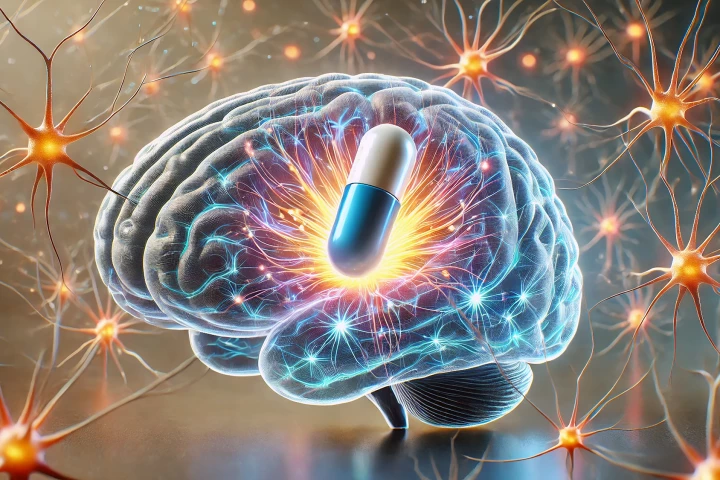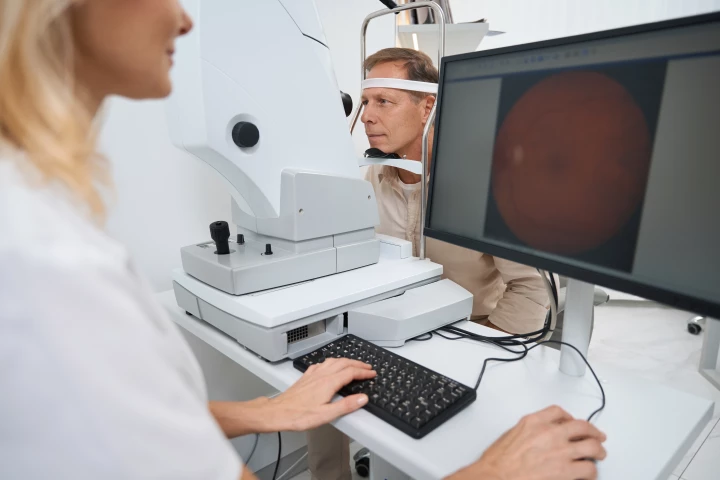Schizophrenia
-
In a breakthrough, scientists have discovered that a variant in one gene can cause mental illnesses – something previously believed to only be the result of several variants working together. What's more, these conditions often develop in childhood.
-
For decades, scientists have suspected that the voices heard by people with schizophrenia might be their own inner speech gone awry. Now, researchers have found brainwave evidence showing exactly how this self-monitoring glitch occurs.
-
A novel drug, evenamide, quieted overactive brain circuits in an animal model of schizophrenia, improving memory, social interaction, and dopamine balance, offering hope for tackling symptoms that current antipsychotics can’t touch.
-
A final-stage clinical trial comparing a long-acting, once-weekly pill to treat schizophrenia symptoms with the existing daily treatment has found that both produce comparable therapeutic effects. If approved, the drug could simplify patient care.
-
The company behind the once-a-day pill that restored lost nerve cell connections in people with amyotrophic lateral sclerosis (ALS), has now set its sights on using the pill to provide a novel treatment for another debilitating disease: schizophrenia.
-
In the largest study of its kind, researchers have found that sharing a childhood home with a kitty can more than double the risk of later developing schizophrenia-like disorders. However, in what may surprise some, it's not entirely the cat's fault.
-
New research has for the first time shown how inflammation in early childhood can affect brain development, triggering epigenetic changes in brain regions linked to higher cognitive functions, and play a role in a variety of neuropsychiatric disorders.
-
Scientists have discovered that attention-deficit/hyperactivity disorder (ADHD), which is largely inherited, directly increases the risk of sufferers also developing major depression, post-traumatic stress, anorexia nervosa and attempting suicide.
-
For the first time, scientists have identified a marker in the retina that may lead to Parkinson’s disease, and it can be detected early, which could be life-changing for those at risk of developing this or other degenerative conditions.
-
Molecular imaging technology has shown the crucial role maternal vitamin D levels play in the early development of the brain cells that produce dopamine. The finding provides a greater understanding of the mechanisms underlying schizophrenia.
-
A first-of-its-kind meta-analysis of 97 studies shows that physical activity can be as, or more effective in relieving symptoms of various mental disorders as traditional treatment, legitimizing exercise as more than just a complementary therapy.
-
Several new studies have shed light on links between diseases not previously thought to be related to viral infections, from a common childhood virus being linked to bladder cancer to an association between hepatitis C and schizophrenia.
Load More











